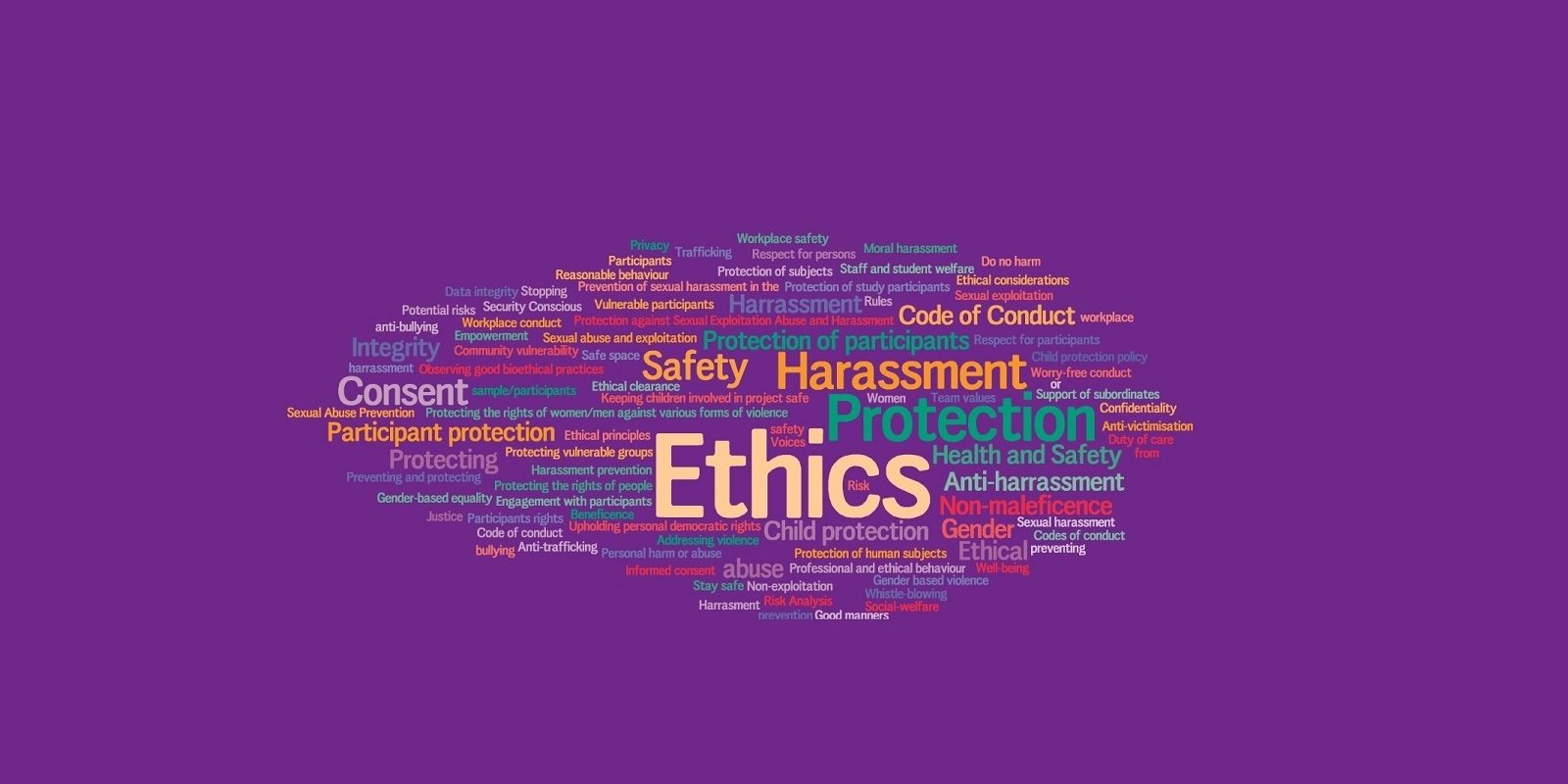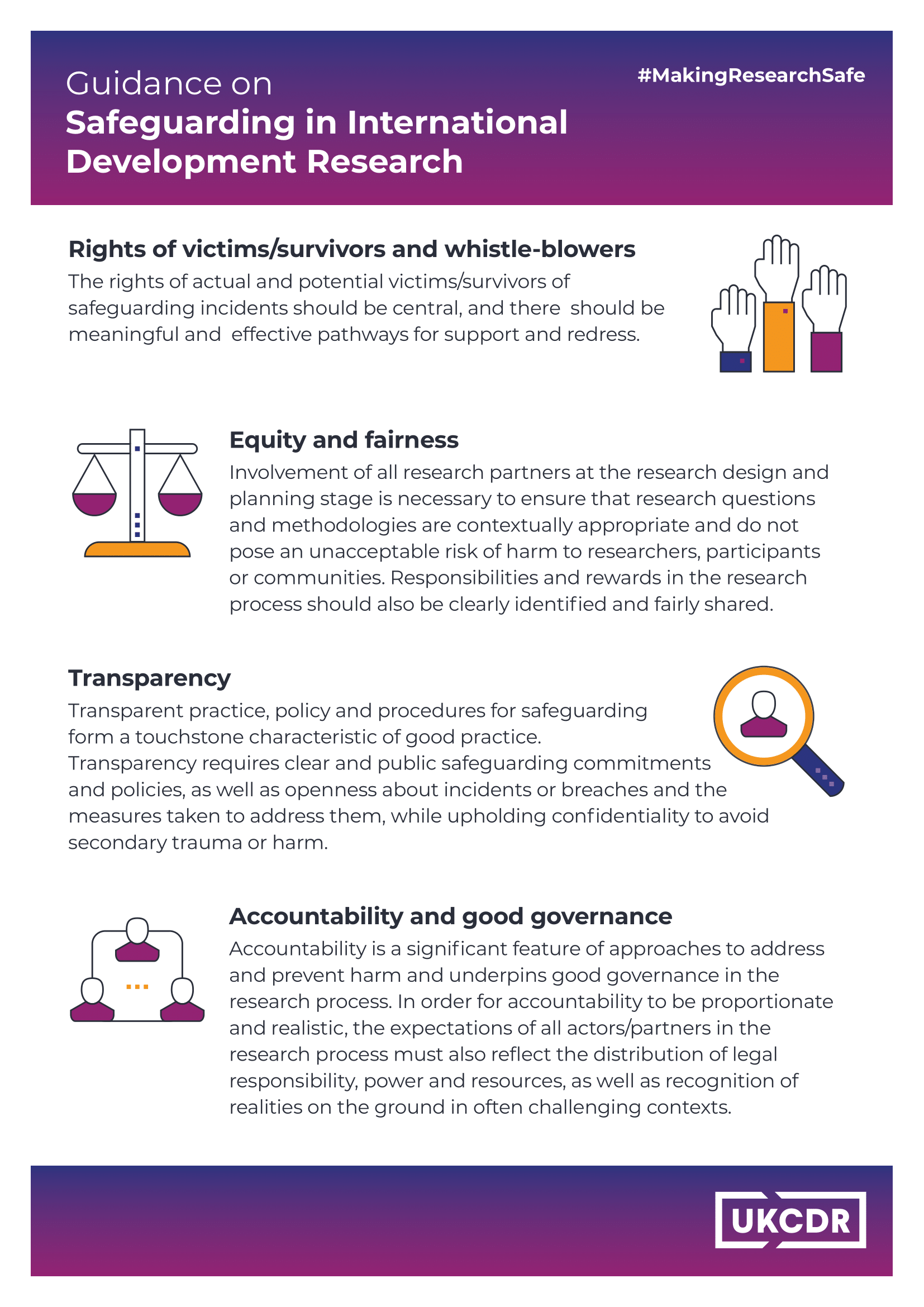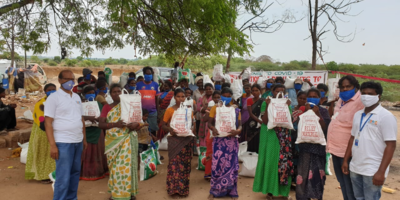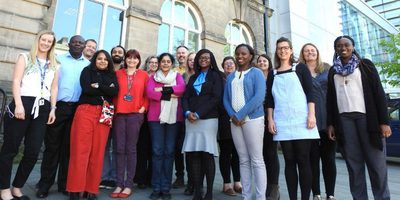
UKCDR’s Guidance on Safeguarding in International Development Research
The ARISE team at The George Institute, contributed to the UK Collaborative on Development Research (UKCDR)’s Guidance on Safeguarding in International Development Research in partnership with Professor Alex Balch and Dr Leona Vaughn from the University of Liverpool (UoL) and Dr Linnea Renton. The report and guidance documents are now live on the UKCDR website and you can access them through the links below:
- Report on Safeguarding in International Development Research; (PDF 1 MB)
- Guidance on Safeguarding in International Development Research; (PDF 1 MB)
- Practical application of UKCDR Safeguarding Guidance during COVID-19 (PDF 216 KB)
What do we mean by safeguarding?
Everyone involved in the international development research chain, from research funders, planners and practitioners to local community members, has the right to be safe from harm.
The report on safeguarding summarises the consultations undertaken with researchers and research partners, including those in low- and middle-income countries (LMICs), on their understanding and application of safeguarding concepts and principles.
The purpose of this guidance is two fold (a) to help anticipate, mitigate and address potential and actual harms in the funding, design, delivery and dissemination of research, in general as well as in emergency situations such as the COVID-19 pandemic and (b) promote a process of dialogue on concrete practical measures that each of us in our respective roles and varying contexts can take, individually and collectively, to promote good safeguarding practice at every stage of the international development research process.
In light of the COVID-19 pandemic, this guidance is accompanied by a ‘companion piece’ to underscore the importance of safeguarding in research in the context of COVID-19, highlighting specific issues to consider during the current crisis and signposting additional useful resources.







